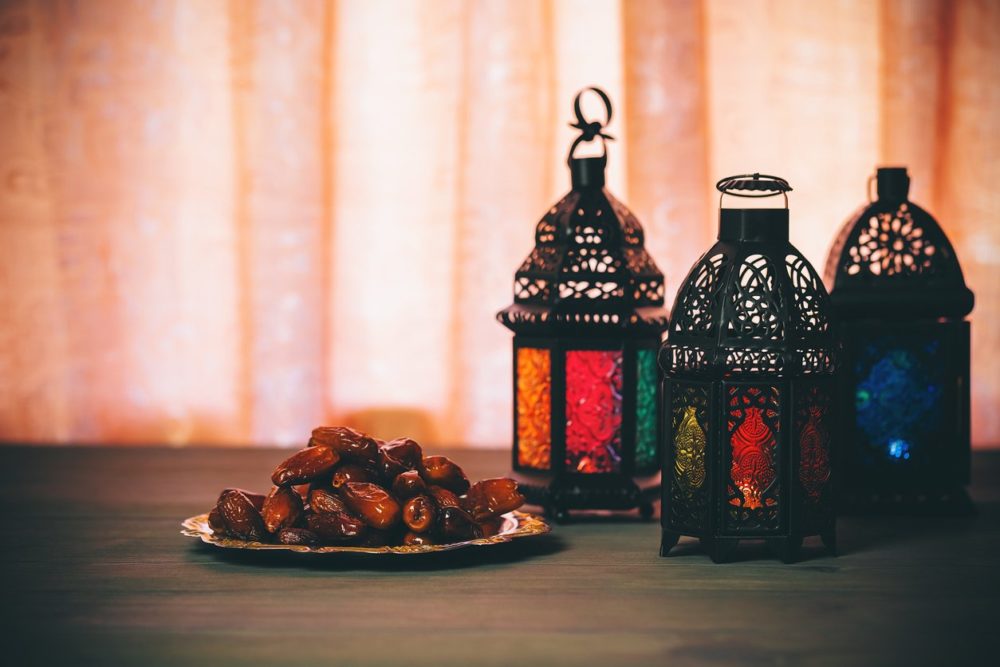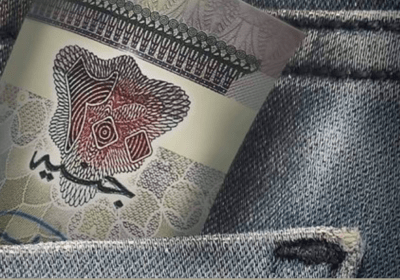Ramadan has always been the time of the year that comes with a cryptic spirit of comfort and tranquility, seizing every corner and every home in Egypt. You can’t help but notice the splendor of Ramadan’s decorative lighting in the streets and the unexplainable feeling of nostalgia once you see the Fawanes brightening your way wherever you go; taking you back into the roots of Egyptian history and traditions.
My musings about the beauty that Ramadan holds made me wonder about only one thing: How do other people around the world rejoice in the dawn of this holy month? So, with a little bit of research, I came to understand that even though human beings are all alike in many aspects of life, they’re very different too. It is very interesting to know that such a divinely static month can be differently felt and celebrated by virtue of the cultural diversity that this world encompasses.
Here’s a glimpse of how other cultures praise the commencement of Ramadan:
Haq El-Leila in The Gulf States
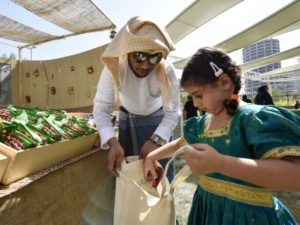
Via Gulf News
It is said that the historical tradition of Haq El-Leila in the UAE, also known as Gerga’aan in Kuwait, Qatar, Bahrain and some towns in Saudi Arabia, starts on the mid of Sha’baan before the month of Ramadan. On this very special day, like trick or treat during Halloween, children roam around the city in colorful vibrant clothes to gather sweets and nuts in bags made of cloth, whilst chanting “give us something so that God will give you something and bless you with visiting Masjid Al-Haram .”
The practice of this tradition is not as widespread as it was in the past. Now you can only witness it in some cities in the UAE, and with a little bit of modification. It is now a more prearranged event that takes place in government offices, schools, and homes.
Meheibs Game in Iraq
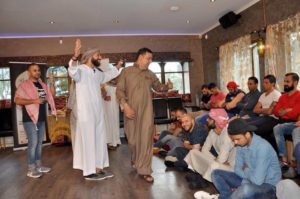 via europressarabia.com
via europressarabia.com
In the early hours of the night, after Iftar, Iraqis gather together for a traditional game called Meheibs, often played by men during the holy month of Ramadan. Two groups of about 40 to 250 players, all of whom try covertly to hide the ring or the Meheibs. A captain of one of the teams hides the Meheibs in his hands in a piece of cloth. The other members should sit with their fists in their laps, passing the Meheibs to one another in secret. In a tense exchange, the opponents must determine which of the men conceals the Meheibs through hidden gestures and body language.
The Nayadran in Indonesia

via Rehlat
The Nayadran AKA as the Padusan in the Javanese dialect, is the practice believed to cleanse the body, spirit and the mind by bathing (dressed) in spring wells from head to toe two weeks prior to Ramadan. It is said that this tradition has started in the time of Wali Sanga; saints of Islam that lived in Indonesia specifically on the Island of Java. However, this tradition has evolved through time only to become practiced by Indonesians in their homes.
Since Indonesia has by far the largest Muslim population in the world, there are tons of varied customs practiced by a wide range of Muslim groups. If you want to know more about these customs, click here.
Islamic Songs in Pakistan
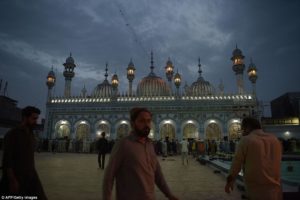
via Daily Mail
In Pakistan, the locals show their excitement to the dawn of the holy month by singing Islamic songs Nasheeds broadcasted by mosques across the whole city. Just as if its new years’ eve, the Pakistanis count down the minutes in eagerness towards the end of Sohour, waiting for the beginning of Syamm.
The exquisiteness of Ramadan is that it unites all people from all around the world by one Prayer “A’dan”, yet separates them by the uniqueness of their cultural difference in the most beautiful ways. Happy Ramadan to all people around the world.



















